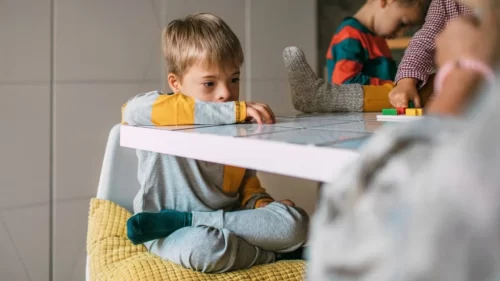FAMILY Mediation for Divorces with Children Coventry
Children of any age can be impacted by divorce and separation, but will some age groups suffer more than others? We quickly examine the ways in which children may respond to this interruption throughout their lives.
While every child is unique and some may adjust to changes relatively rapidly, each age group is likely to have concerns and reactions that are similar.
Three years maximum
Babies and toddlers are never too young to be impacted by the divorce or separation of their parents. Evidence, however, suggests that the opposite is true and that these kids can be permanently impacted by long-term stress.
After one parent leaves the family home, babies and toddlers could become more clingy and more difficult to comfort. Additionally, they could feel uncomfortable, even with the parent they live with, and some might relapse to more infantile behaviours or developmental delays.
A young child can adjust to the changes by adhering as closely as possible to a schedule and developing a new fixed rhythm of contact. It’s crucial to keep infants out of any disputes and not to isolate them from either parent. This age group is adaptive in general.
3 to 5 years
Children at this age are learning more about the outside world and looking to their parents for security as their exposure to it grows. When their family life is disturbed, they could feel scared and wish any disputes to end. A child of this age may find it difficult to comprehend what is happening and why. It can be beneficial to keep bad behaviour as far away from your child as you can. Have uncomfortable discussions when people cannot hear you, and as much as you can, maintain a civil and unified face. Once more, swiftly establishing a new habit can help reestablish a sense of security.
6 to 12 years old
Children are capable of sufficient reasoning and comprehension at this age to become quite engaged in the scenario. They will reflect on happy family moments and try to determine why the divorce or separation is occurring and how they might stop it. They might think it’s their fault in some way.
This may lead to challenging behaviour at home or school. Your child can attempt to pit one parent against the other by stating they get more freedom from the other or that they prefer to live with that parent. https://rhinomediation.co.uk/blog/family-mediation-solihull/
With this age group, parent collaboration is crucial. Talk about what is going on as gently as you can, and make an effort to approach the situation consistently. You might be able to identify what actions you might need to take to aid your child with the assistance of a professional, such as a family mediator.
It is widely agreed that this is the most challenging age for a child to deal with divorce, but by remaining understanding and offering counselling or other support as needed, you can usually help them get through it, especially as their maturity and understanding increase with age.
Teenagers
Teenagers will comprehend the potential need for a divorce or separation better. They might even believe it to be the greatest choice if they have had a terrible time at home.
They will likely be busy with activities outside of their homes, making it less likely that they will just think about the divorce or separation. Even if they are not totally engaged, speaking honestly can still be beneficial. However, it’s also crucial to avoid involving your adolescent in adult matters because they could feel pressured to choose sides. Perhaps school, friends, and whether they will have to move away are the primary concerns for them.







